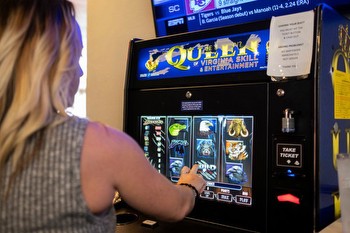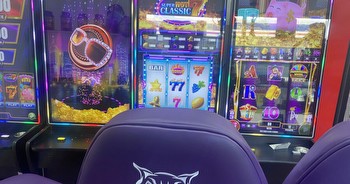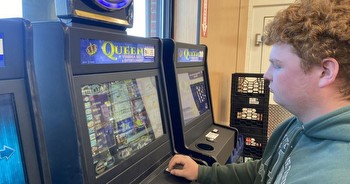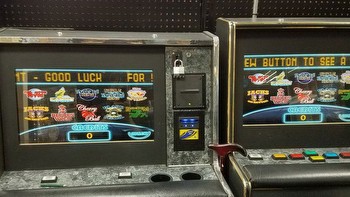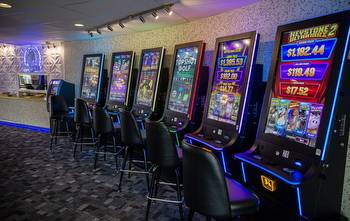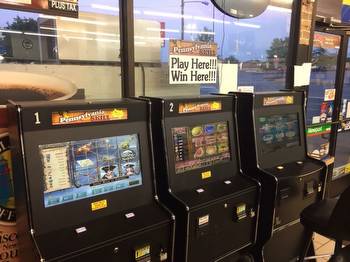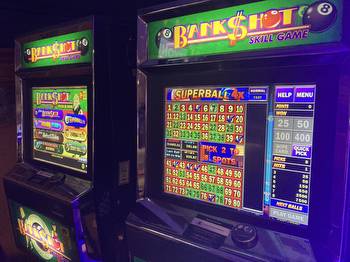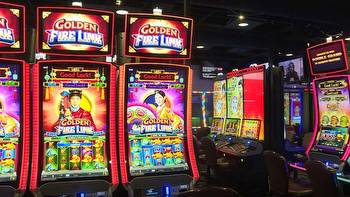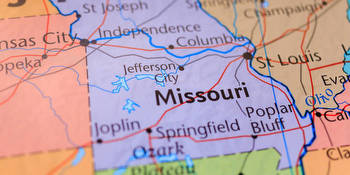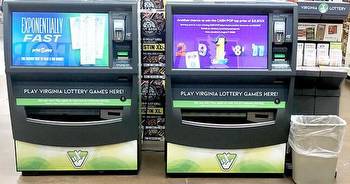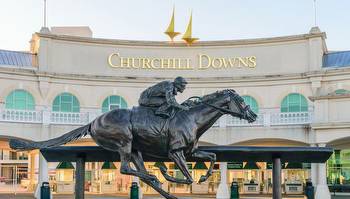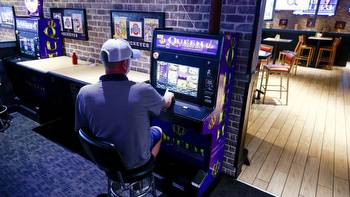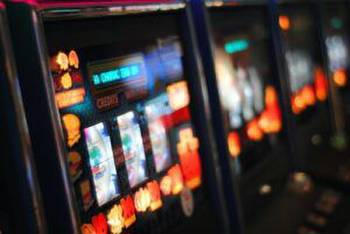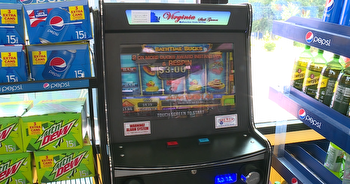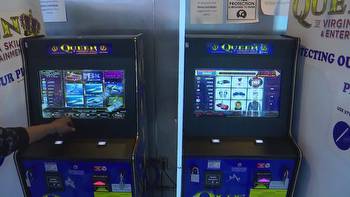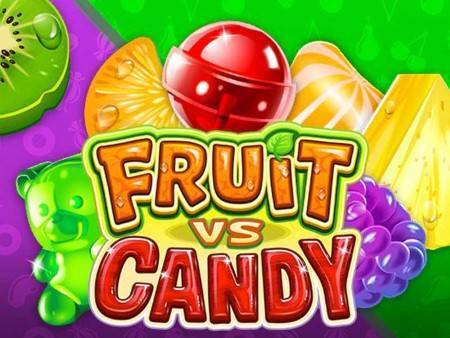Gambling or good, clean fun? Some storeowners want skill games to return
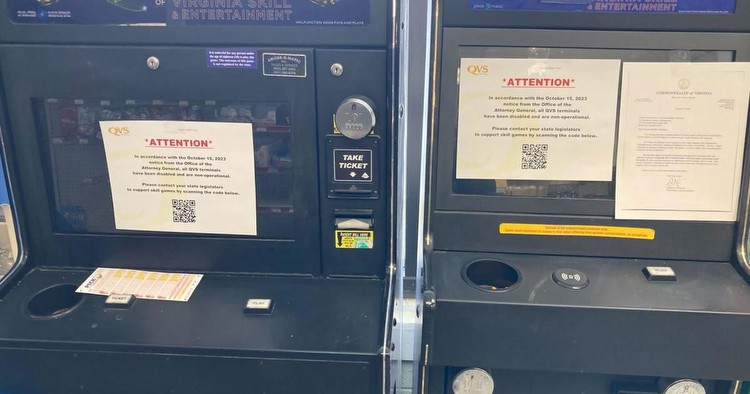
As Virginia's General Assembly continues to hash out how to regulate skill games, some local business owners are pushing for slots-like betting games to be allowed back into stores arguing that they're a valuable source of revenue for their businesses and for the state.
"Our industry would like to have the skill games back again because it's extra income," said Bob Claytor, CEO of H.N. Funkhouser Company in Winchester. "It would generate revenue for the state of Virginia. I hope they will bring them back."
Other business owners are far more wary, siding with problem-gambling experts in fearing the impact the machines may have on those vulnerable to the traps of gambling.
The machines were initially banned in Virginia in 2020 but continued operating until mid-2021 under a delay prompted by then-Gov. Ralph Northam. Subsequently, a Virginia judge's injunction in December 2021 temporarily halted the ban, allowing stores to keep operating the games. However, the ban was finally solidified in October 2023 by the Virginia Supreme Court.
Senate Bill 212 aims to regulate and permit skill games. Sen. Aaron Rouse (D-Virginia Beach) proposed the legislation, and local lawmaker Sen. Timmy French (R-Shenandoah County) is a chief co-patron.
The bill introduces registration requirements and a 15% tax on gross revenues. It allows up to five machines at restaurants or convenience stores and up to 10 at truck stops, with a $5 maximum wager and $5,000 payout cap. A more stringent version in the House proposes a 30% tax, greater limits on machine numbers, and higher licensing fees, potentially complicating the bill's passage.
Local support
In November, nearly 500 business owners signed an open letter urging state lawmakers to regulate and tax skill games, calling them an important economic driver within Virginia communities.
"Our small businesses have come to rely on income from skill games over the past three years. Now our livelihoods, as well that of our employees, are under threat," the letter states. "However, by regulating, taxing and enforcing skill games, you can protect the future of our small businesses, as well as the state's economic landscape as a whole."
Rick Koontz, president of Holtzman Oil Corp. in Mount Jackson, was one of the signers of that letter. Holtzman Oil supplies over 150 stations and convenience stores throughout the Shenandoah Valley, Northern Virginia, West Virginia, and Maryland.
Koontz highlights the significant revenue loss for convenience stores due to the ban, especially considering the challenges brought about by the pandemic and labor shortages.
"Storeowners have been struggling lately," Koontz said. "The revenue they have lost on these gaming machines is really creating a hardship on our dealers and licensees. In some locations, whether they are allowed is going to determine whether they are going to keep their stores going or not. It's pretty drastic."
Koontz said regulating and allowing the machines can create an economic stimulus for local storeowners and state coffers.
"Our licensees have had those machines for several years. They have gotten accustomed to having that revenue from the machines," Koontz said. "The position the game dealers have taken is that they are completely open to the state gaining financial benefit from the machines, whether it be a price per machine, a tax or whatever. They are open to that 100 percent. Let's get some nice revenue back to the state."
Claytor, who owns multiple Handymart convenience stores in the region, said only a few of the stores he runs have skill games inside. Claytor said he has largely held off due to the uncertain regulatory environment within Virginia, but a long-term solution would clear the way for his stores to install more of them.
For the stores that do have them, Claytor said that the revenue from the machines usually comes to somewhere between $300 and $600 a month, although that largely depends on the store's location. More rural locations have seen less benefit, while Claytor said stores in college areas and other more populated settings see more significant revenue.
"It's providing more entertainment value for our customers," Claytor said. "But, some of these smaller stores depend on these machines for income."
Christina Freundlich, a spokesperson for Pace-O-Matic, which operates the prominent Queen of Virginia skill game franchise, said the ban of the machines has caused financial difficulty on businesses that have depended on them.
"Skill game locations keep the largest percentage of earnings from each game, offering a supplemental income stream for Virginia small businesses. This supplemental income enables business owners to hire more employees, provide health and retirement benefits, offer competitive wages, make upgrades to their establishments or donate to charitable causes," Freundlich said. "Unfortunately, the recent ban has placed an undue hardship on those businesses that have come to rely on this supplemental income provided by skill games. Many are being forced to make difficult decisions, including laying off employees, reducing hours, or even shutting their doors."
Concerns
For others, like Jon Henry, the revenue the machines may bring in is not worth the harm they feel they would be causing to their customers.
Henry said that the Jon Henry General Store in New Market has never installed a skills game because installing them would be a disservice to his patrons.
"It would just go against the values that we hold as a community-facing storefront," Henry said. "The probabilities are not in the customers' favor. We're just not about promoting destructive lifestyle choices. There are some addictions we don't want to put forward and promote."
Freundlich said the industry does not agree that the games are equivalent to gambling machines, stating that the difference is that these games do not rely purely on chance.
"A person playing a skill game has the opportunity to win 100% of the time based on their skill and ability to play the game," Freundlich said. "Games of chance, like slot machines, are gambling devices that use pre-set algorithms to determine win percentages. Players do not need any skill to win, lose or play those machines. Skill games are not gambling but rather a form of entertainment."
Lauren Cunningham, communications director for the Virginia Department of Behavioral Health, said that the work her department has done on gambling addiction shows otherwise. A survey conducted by the department found that skill games were the second most prominent form of gambling reported among those seeking addiction services.
The survey found that 18% stated that skill games were their primary form of gambling. Slot games were the only form of gambling with a higher reported usage at 21%.
"Almost all stores that had skill games had them where they were visible and accessible to all entering the store. While there is some level of skill needed to be able to win, there is still an element of chance which is what makes it gambling. Even someone with a vast amount of skill can't win all the time," Cunningham said. "Access and availability are key factors in prevention science. We know that the more something is available and the easier it is to access something, the more likely it is for more people to become involved in it. It makes it a more normalized part of society and acceptable. If you are someone with some form of addiction, not just gambling addiction, seeing these games every time you go into a store can act as a trigger, making it more likely that you will 'try' it, which can start the cycle of addiction."
Carolyn Hawley, a Virginia Commonwealth University professor who serves as the director for the Virginia Partnership of Gaming & Health and the president for the Virginia Council on Problem Gambling, said the skill element of these games does not effectively distinguish skill games from more traditional gambling methods and, in fact, only makes them more problematic.
"This idea of skill, whether or not it truly exists, has also been shown to be more attractive to younger players and is linked to the development of gambling problems, through an 'illusion of control.' So a person's ability to influence the outcome of the game and achieve success with more effort, so they gamble more and more," Hawley said. "From a public health perspective, it is also problematic because a player may not associate the problems they are experiencing as a result of gambling and not reach out to us for help before problems become more severe."
Claytor said he doesn't find his support for skill games shaken by those concerns, saying that they aren't much different from other long-established products and services offered within his store.
"I don't view it as any different from the lottery. It does take money out of the pockets of some folks that can't afford it, but there's a large amount of people who don't pay taxes at all. The lottery and these machines are a voluntary tax they put into the system," Claytor said. "I think if people want to voluntarily pay taxes, that's their own decision."
Koontz shared Claytor's assessment, stating it is his customer's choice whether or not to play the machines, and it is not necessarily the store owner's role to shield his customers from potential negative impacts.
"Some people have a problem with coffee," Koontz said. "We still sell coffee."
But for Henry, installing what he considers to be a glorified slots machine in his store is crossing the line of he considers is ethical for his store to provide.
"In 1964, Supreme Court Justice (Potter) Steward said 'I know it when I see it.' Now, he was talking about obscenity laws, but I view this the same way," Henry said. "I know a gambling machine when I see it."








